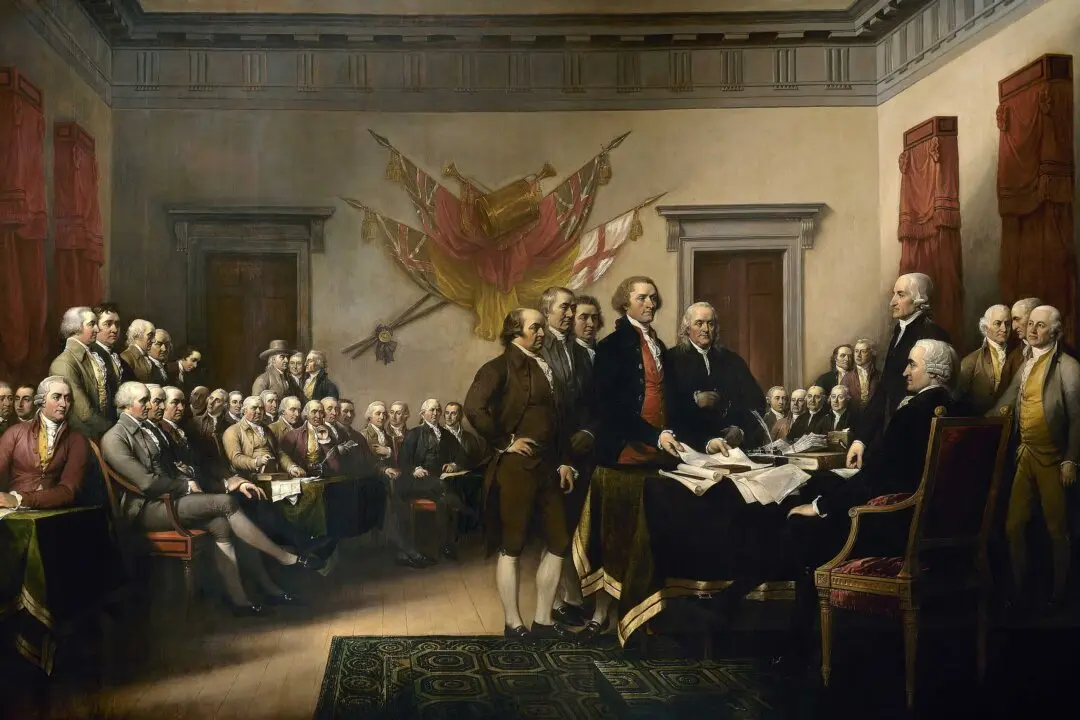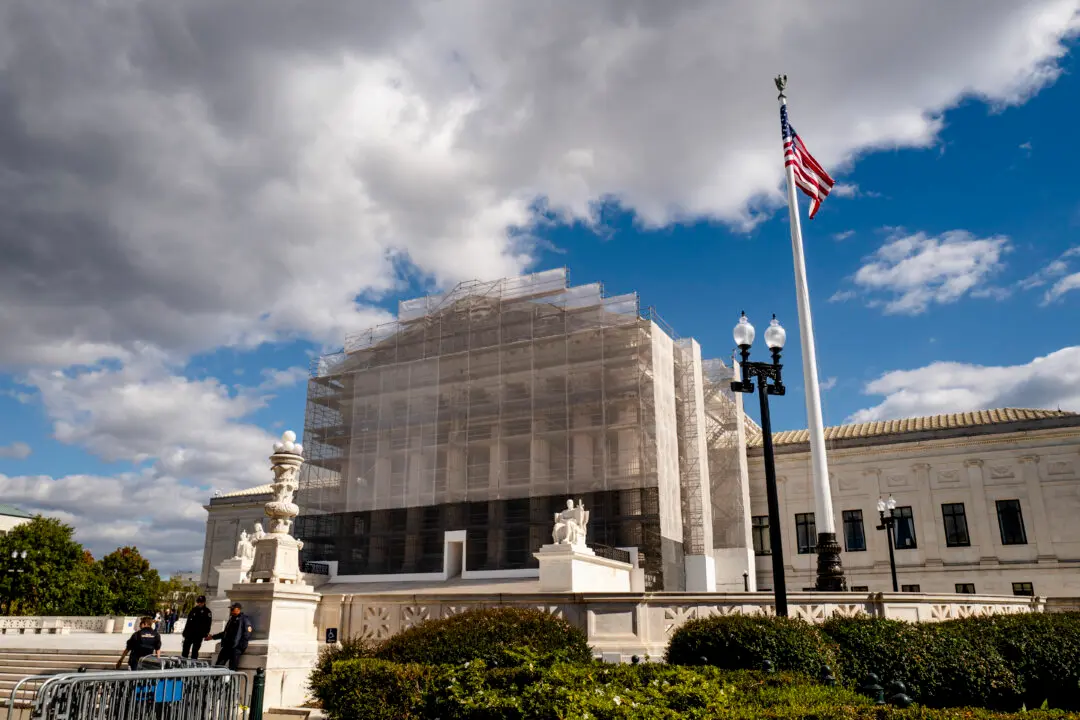Commentary

John Trumbull's painting, "Declaration of Independence" (1819), depicts the five-man drafting committee of the Declaration of Independence presenting their work to the Congress. The painting can be found on the back of the U.S. $2 bill. The original hangs in the U.S. Capitol rotunda. Public Domain
|Updated:
Robert G. Natelson, a former constitutional law professor who is senior fellow in constitutional jurisprudence at the Independence Institute in Denver, authored “The Original Constitution” (4th ed., 2025). He is a contributor to The Heritage Foundation’s “Heritage Guide to the Constitution.” He also researched and wrote the scholarly article “Virgil and the Constitution,” whose publication is pending in Regent University Law Review.
Author’s Selected Articles




